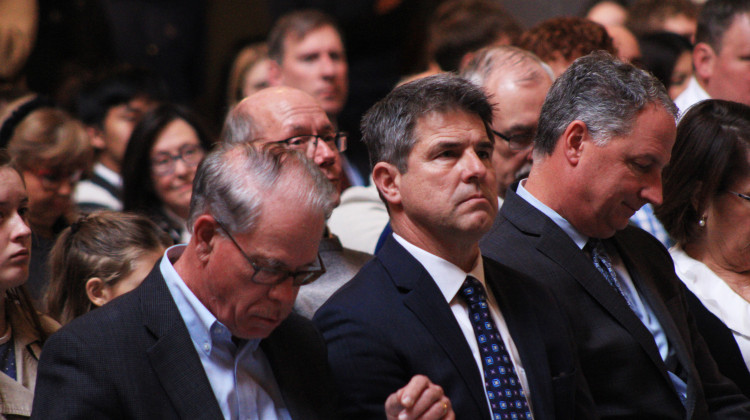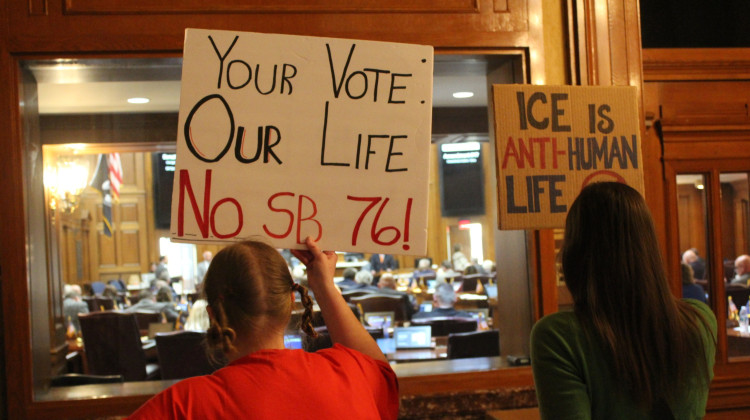The General Assembly will discuss a mass transit plan for Central Indiana next session.
A legislative study committee voted 12-1 to approve a concept that will be used to draft a bill.
"I think what was important was to give every member of the committee adequate opportunity to hear all the discussion and hear all the issues associated with mass transit," said Sen. Pat Miller (R-Indianapolis), who chairs the Central Indiana Transit Study Committee, and will author the legislation. "I think in the hearing of that helped the committee to coalesce around this particular proposal."
The plan is for five counties - Marion, Hamilton, Delaware,Johnson and Madison - which all would have to vote to put the issue to a referendum. Others can opt in later.
"I think ultimately it is going to come down to the voters in the various counties, but I do think it was support for a concept and I think a number of people feel, particularly in Indianapolis, that the transportation system we have now is not adequate for our capitol city," said Miller. "However, I think the decision making rests with local units of government."
Representative Mike Speedy (R-Indianapolis) was the only committee member to oppose the plan because of the impact on tax payers.
"I still believe there needs to be a voice on even a study committee that recognizes the seriousness to recommend higher taxes," he said. "I still felt uncomfortable when a committee makes a recommendation and it’s unanimous. I don't think that that serves everybody very well."
And he says for his constituents specifically, the benefits don’t outweigh the cost.
"I understand that I generally have a tax adverse constituency. Then you couple that with the fact that if you see a comprehensive mass transit plan you don't see any colorful lines to any significant degree flowing through my district," said Speedy. "In other words, they would be a donor district. You have a cost, but you have little benefit."
The concept calls for 25 percent of funding from fares, 10 percent from corporate taxes, and 65 percent from income taxes.
 DONATE
DONATE








 Support WFYI. We can't do it without you.
Support WFYI. We can't do it without you.